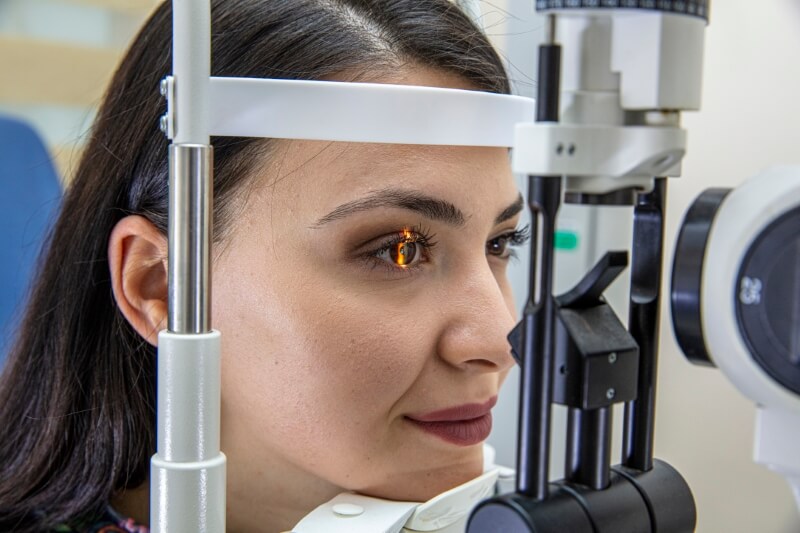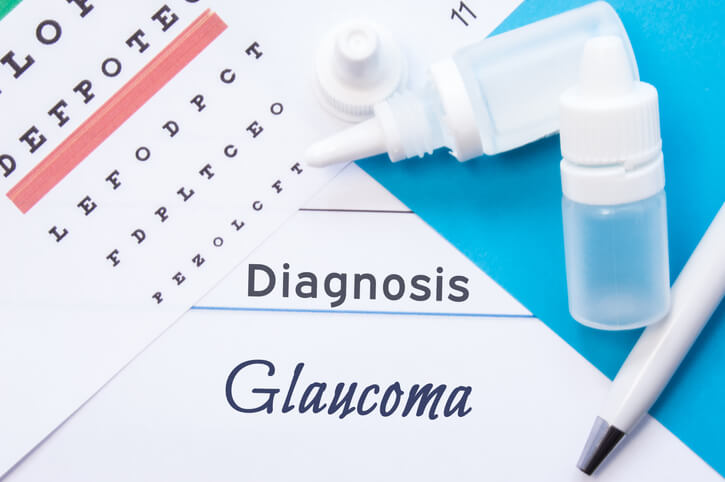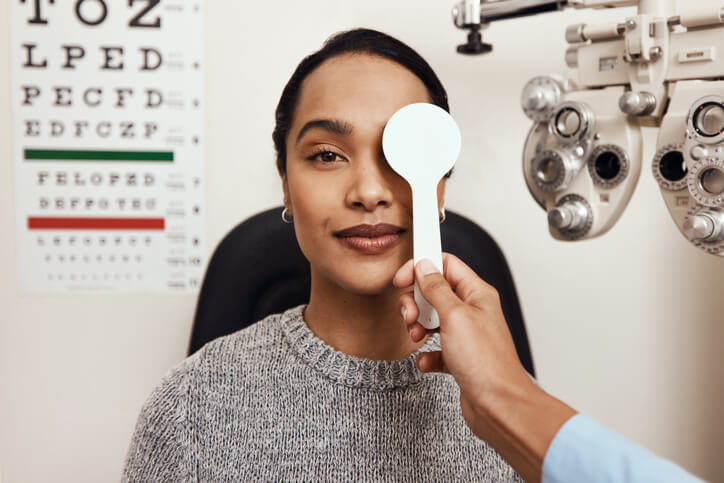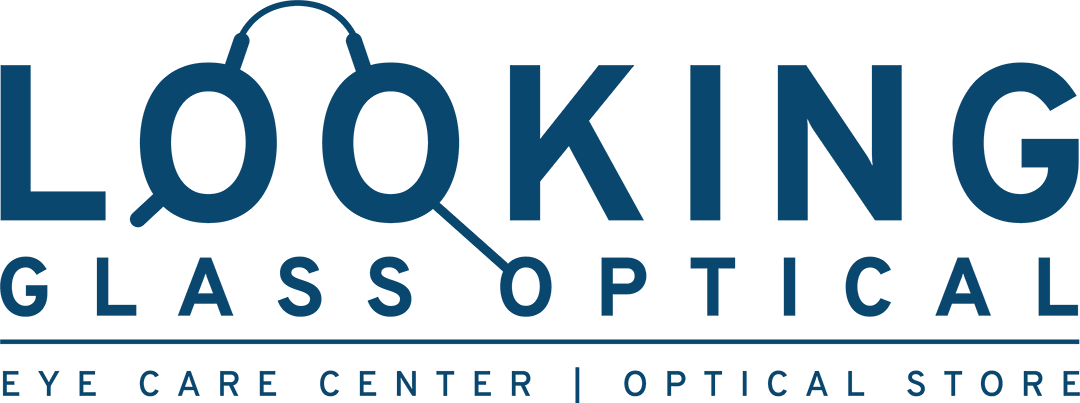Some say that your eyes are the windows to your soul. However, they can also give you a glimpse into your overall health. If you are living with diabetes, it is possible to develop a condition known as diabetic eye disease. This condition can stem from uncontrolled high blood sugar, pressure, or cholesterol. It can also be a side effect of having diabetes for a long time. Over time, it significantly affects a person’s ability to see. Learn what diabetic eye disease entails, how it is diagnosed and treated, and what patients can do to prevent it.
Read more →Vision loss, whether a new or progressive issue, can present challenges in your life — but these challenges don’t have to be insurmountable. Having low vision requires making a few changes and reaching out for support from the many tools available. Learn more about living with low vision and how you can maintain your independence and lead a fulfilling life.
Read more →Aging gracefully includes vision changes and care for seniors. Aging is a natural part of life, and with it comes various physical changes. One area that often experiences transformation as we age is our vision. Understanding these changes and knowing how to care for senior eyes is crucial for maintaining a high quality of life. Let’s explore seniors’ common vision changes and provide tips on aging gracefully while preserving your eye health.
Read more →According to the CDC, more than half of the people with glaucoma don’t know they have it. Glaucoma causes vision loss and, if left unchecked, blindness. Glaucoma damages the nerve in the back of your eye, called the optic nerve. Learning about glaucoma is always possible by talking to your optometrist. Read on to learn more about preventative measures and possible treatments to avoid vision loss from glaucoma.
Read more →Visual impairment is a term experts define as any loss of sight. Vision impairment uses visual acuity to measure the level of vision loss. Read on to learn more about visual impairment, visual acuity, vision loss, and when it can be corrected with lenses.
Read more →We have all heard of the links of smoking to cancer, heart diseases, strokes, and lung diseases. But are you aware of the links to smoking and how it can damage your eyesight? No matter the form you use – cigars, pipes, and vaping it is all linked to damaging your eyesight.
Read more →You may be surprised to learn that glaucoma is not a singular condition. Instead, it refers to a group of eye conditions that affect the optic nerve and impair your vision. Glaucoma prevention should be a priority for anybody who enjoys their sight. Keep reading to learn 10 helpful tips for preventing glaucoma.
Read more →According to the World Health Organization (WHO), 64% of all visually impaired people worldwide are women. Visual impairments can take many forms, from mild to severe ones that can significantly impact a person’s quality of life. When it comes to women vs. men, women struggle more with visual issues, but why is that the case? Learn more about the various types of visual impairments and the reasons why women are more prone to them than men.
Read more →The last thing parents think of when they gaze into their child’s wonder-filled eyes is statistics about vision loss in children. However, taking care of your child’s eye health is just as important as tending to the other aspects of their well-being. Learning more about the threats to your child’s vision and how to prevent children’s vision loss will help.
Read more →35% of adults have 20/20 vision without the help of corrective lenses. If you are part of that percentage, you may think visiting the optometrist for an annual eye exam is unnecessary. In fact, not getting regular checkups can be putting your vision and overall health at risk. Read on to know why everyone needs annual eye exams.
Read more →










